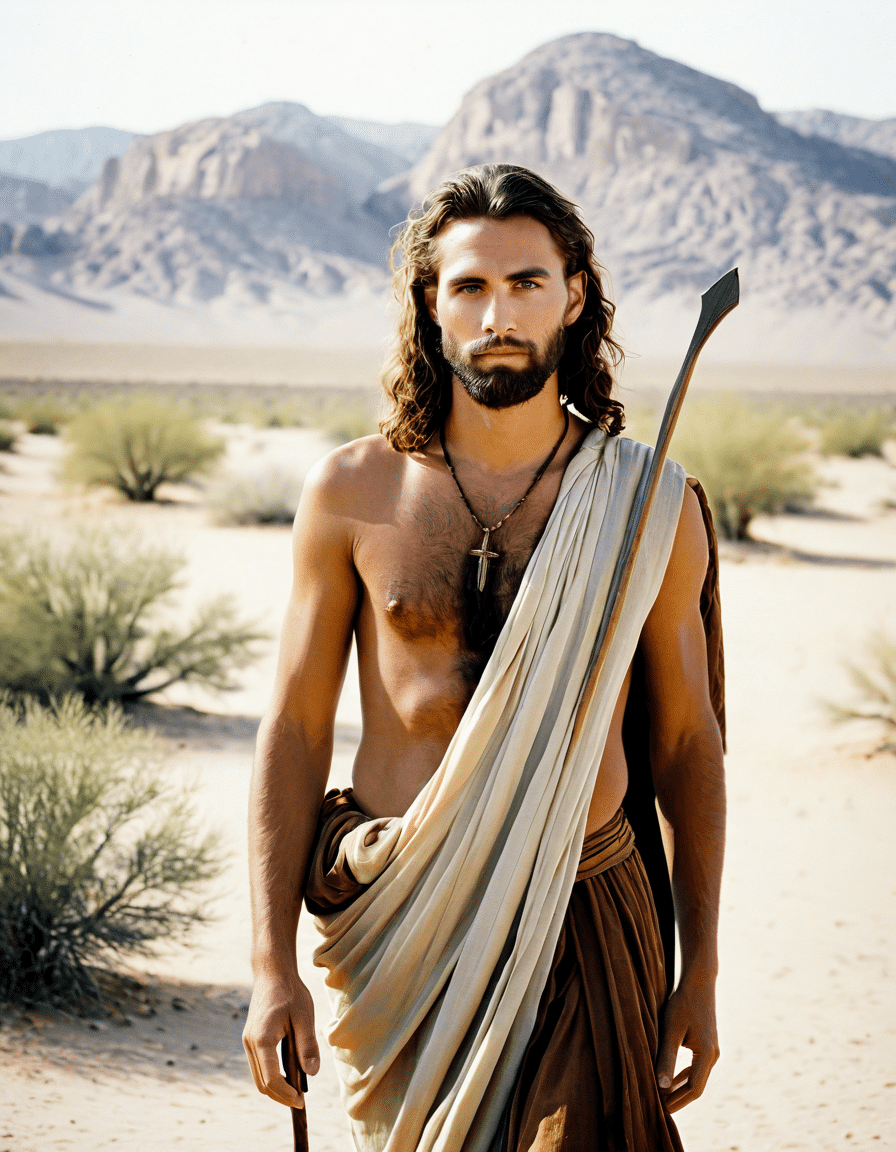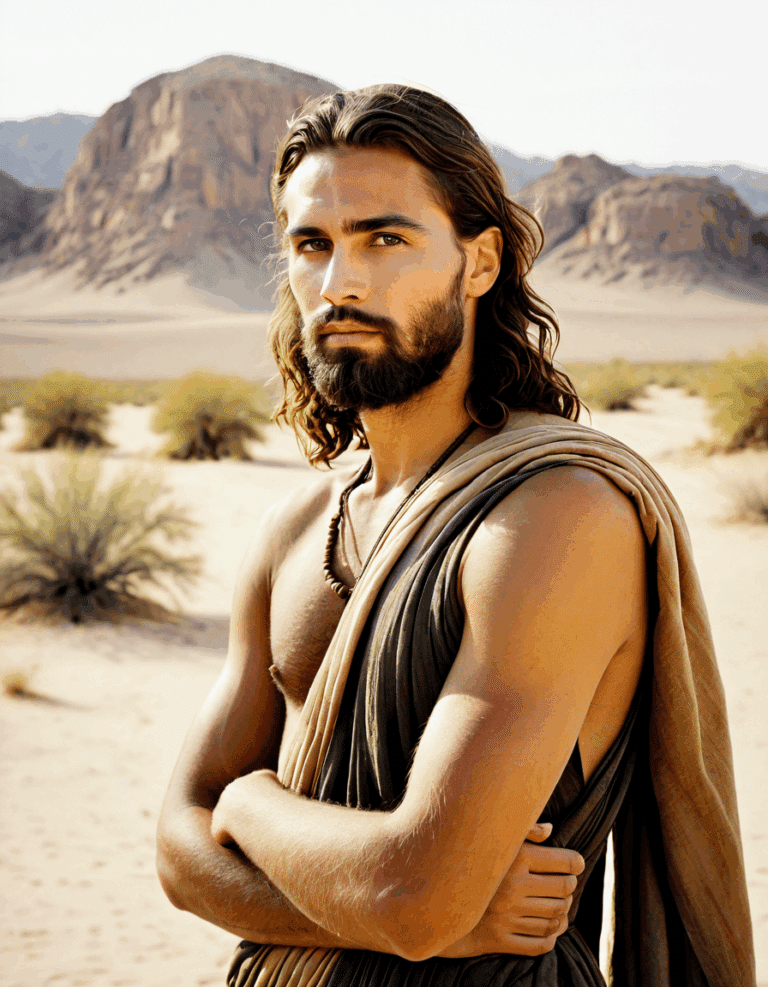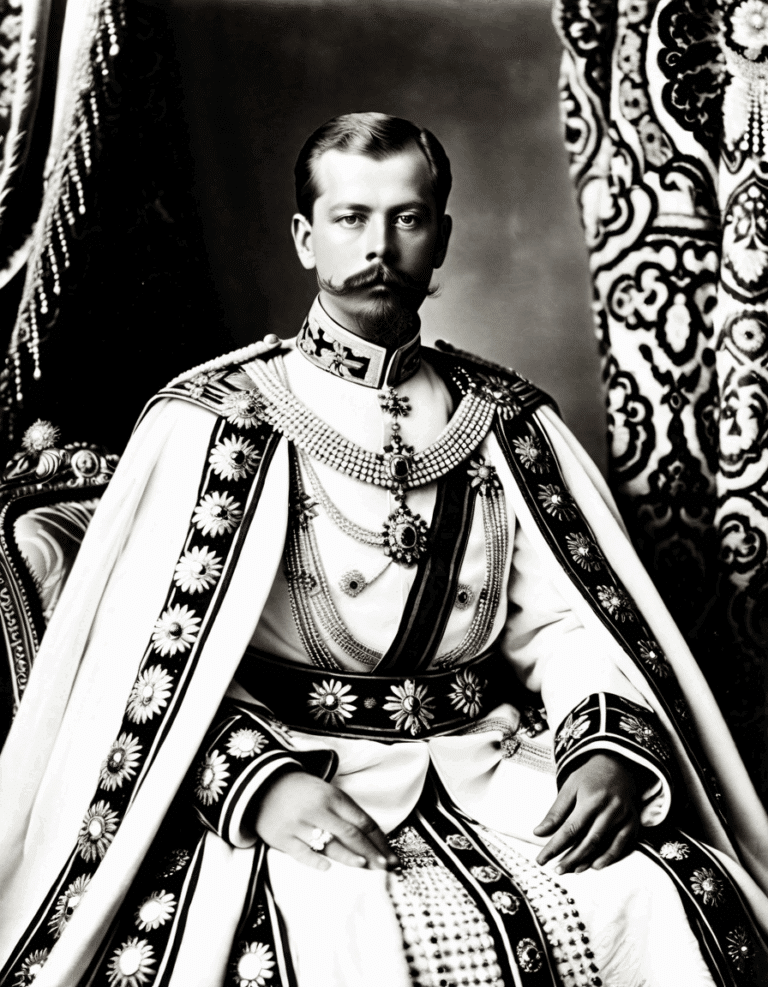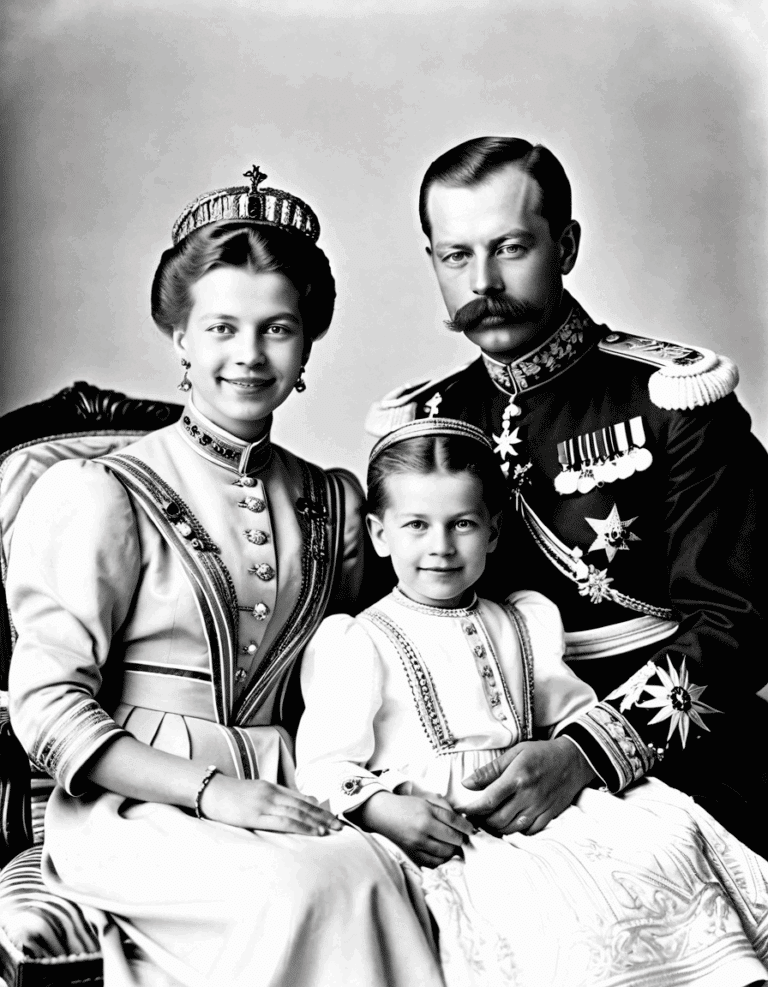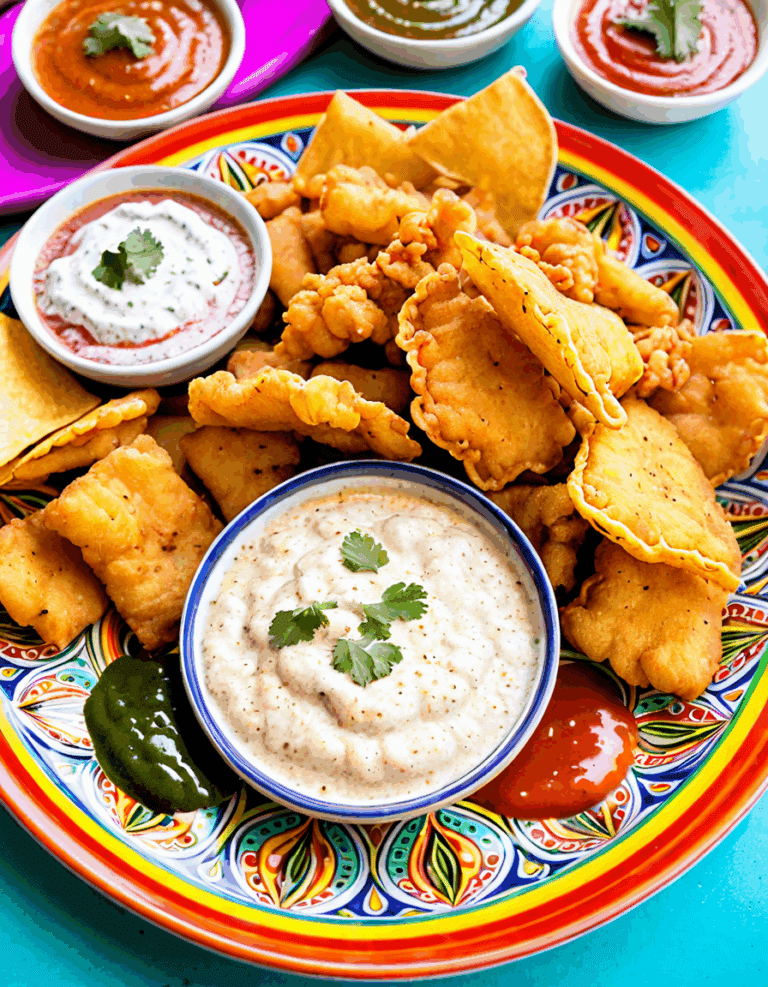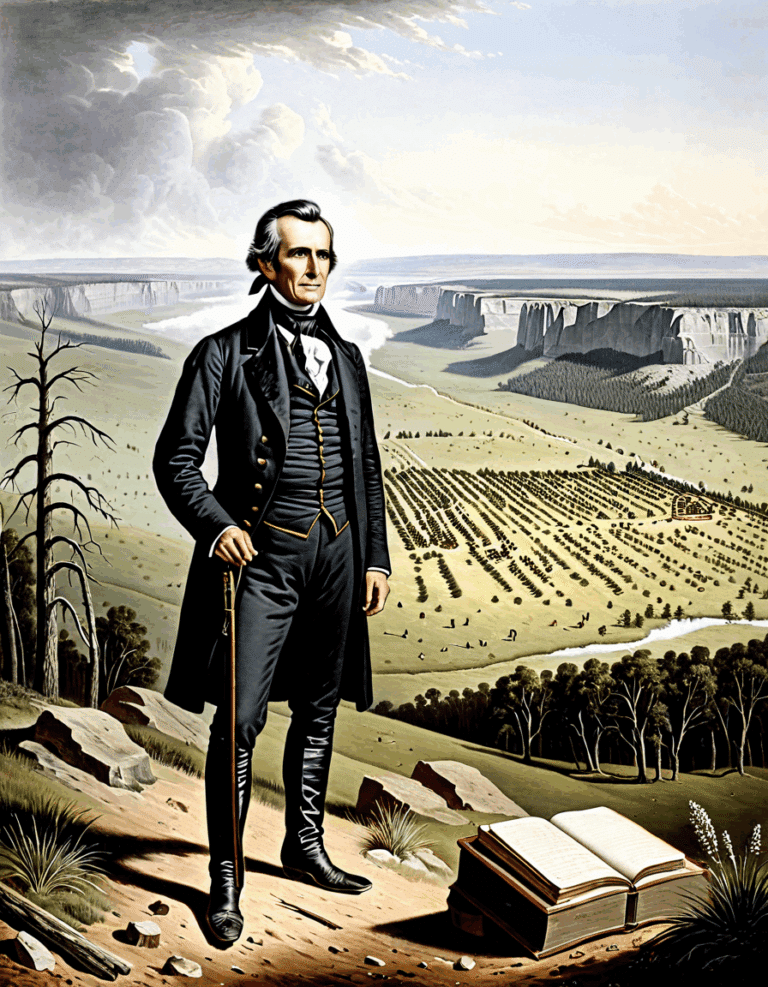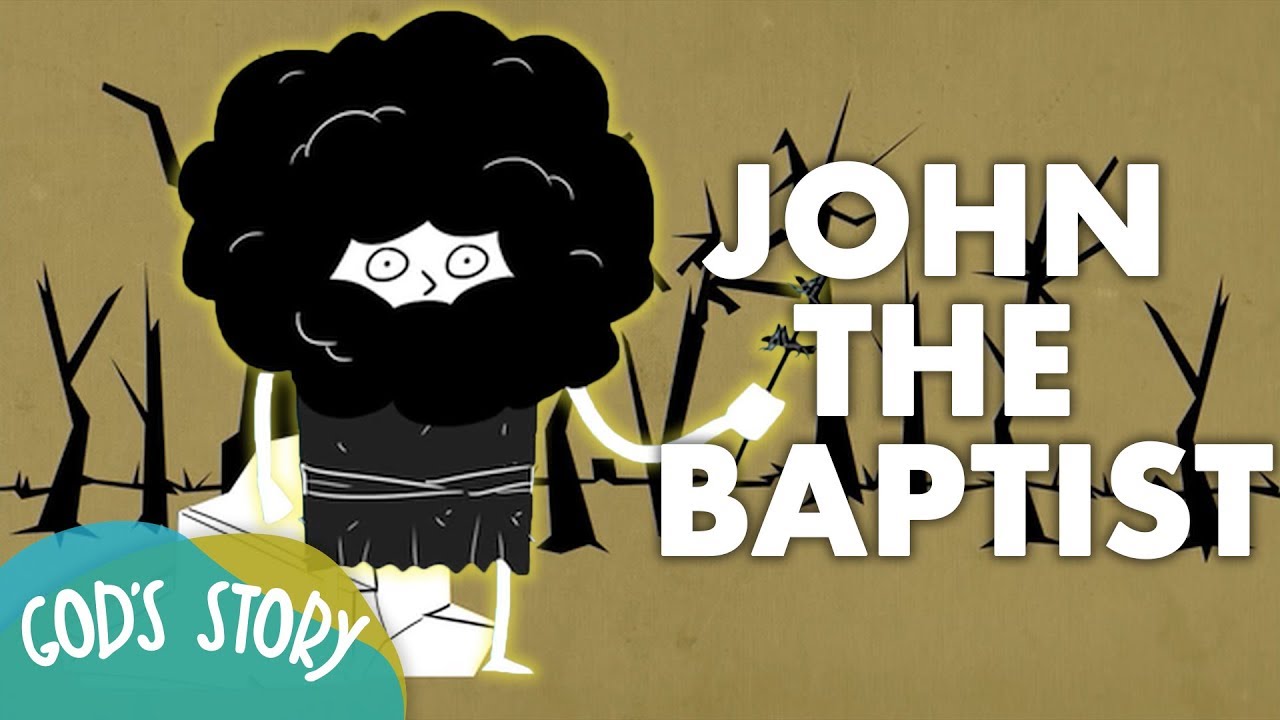
The Life and Ministry of John the Baptist
John the Baptist stands as a monumental figure in Christianity, his life and work reverberating through centuries. Born under miraculous circumstances to Zechariah and Elizabeth, his entrance into this world was anything but ordinary. This early connection to prophetic lineage set the stage for a radical ministry that would challenge the complacency of the religious elite in Israel. As he roamed the wilderness, clad in camel’s hair and munching on locusts, John’s lifestyle screamed defiance against a society mired in materialism and superficial piety.
His ministry flourished during a time when Israel grappled with Roman oppression and internal strife. The socio-political landscape of first-century Judea was turbulent, and John emerged as a much-needed voice of transformation. Meeting people at the Jordan River, he called out to the crowds to repent, preparing them for an impending kingdom that would soon be revealed through Jesus Christ. His fiery speeches ignited hope and stirred souls, effectively laying the groundwork for spiritual renewal.
Another striking facet of John’s life is his familial bond with Jesus. They shared an intimate connection through their mothers, Mary and Elizabeth, further underscoring the prophetic lineage both would embody. By embracing each other’s roles, they set the stage for a seismic shift in the lost understanding of faith, bringing light to the shadows that had long lingered.
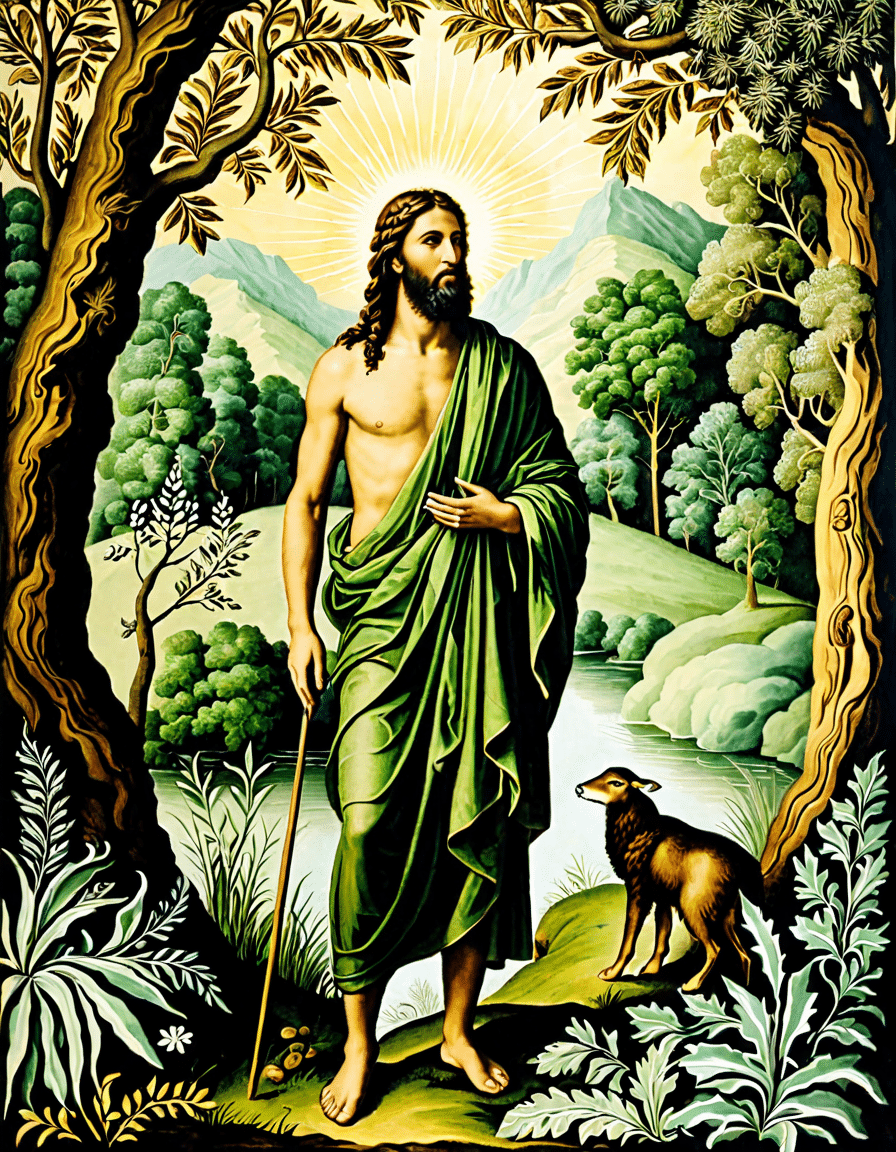
7 Ways John the Baptist Influenced Christian Faith
The influence of John the Baptist on Christianity extends far beyond his stunning narrative. Let’s dive into seven distinct ways he reshaped the faith landscape:
John’s central message of repentance introduced believers to the necessity of turning away from sin. By preaching the need for a “baptism of repentance,” he laid the groundwork for understanding redemption, setting the stage for Jesus’ transformative teachings.
Water baptism was a practice that predates John; however, he redefined its significance. His version of baptism represented a new covenant, changing the face of initiation rituals in Christianity that we recognize today. John’s distinct approach symbolized total cleansing and a fresh start.
When John boldly declared, “Behold the Lamb of God, who takes away the sin of the world,” he reframed how believers would perceive the Messiah. This statement imbued the role of Jesus with sacrificial significance, a theme that echoes throughout the New Testament, asserting that salvation would come through Christ alone.
John’s straightforward commands about sharing possessions and treating others with kindness resonate with Christ’s Sermon on the Mount. His call for justice and mercy laid foundational stones for Christian ethics that persist today, defining a moral compass for countless individuals and communities.
John’s choice to preach in the wilderness and adopt an austere lifestyle symbolized a return to spiritual purity. By challenging the status quo, he set the stage for future reformers who would also face opposition while preaching radical truths about divine love and justice.
John’s provocative image—dressed in camel’s hair and living a sparse existence—was more than a fashion choice. It sent a clear message about the urgency of spiritual awakening and divine intervention, showcasing that words should be backed by action.
John’s beheading at the hands of King Herod signifies his courage in the face of tyranny. As a martyr, he represents truth at all costs, inspiring generations to remain unwavering in faith, despite personal sacrifice. His story echoes through history, galvanizing believers to uphold the tenets of their faith.
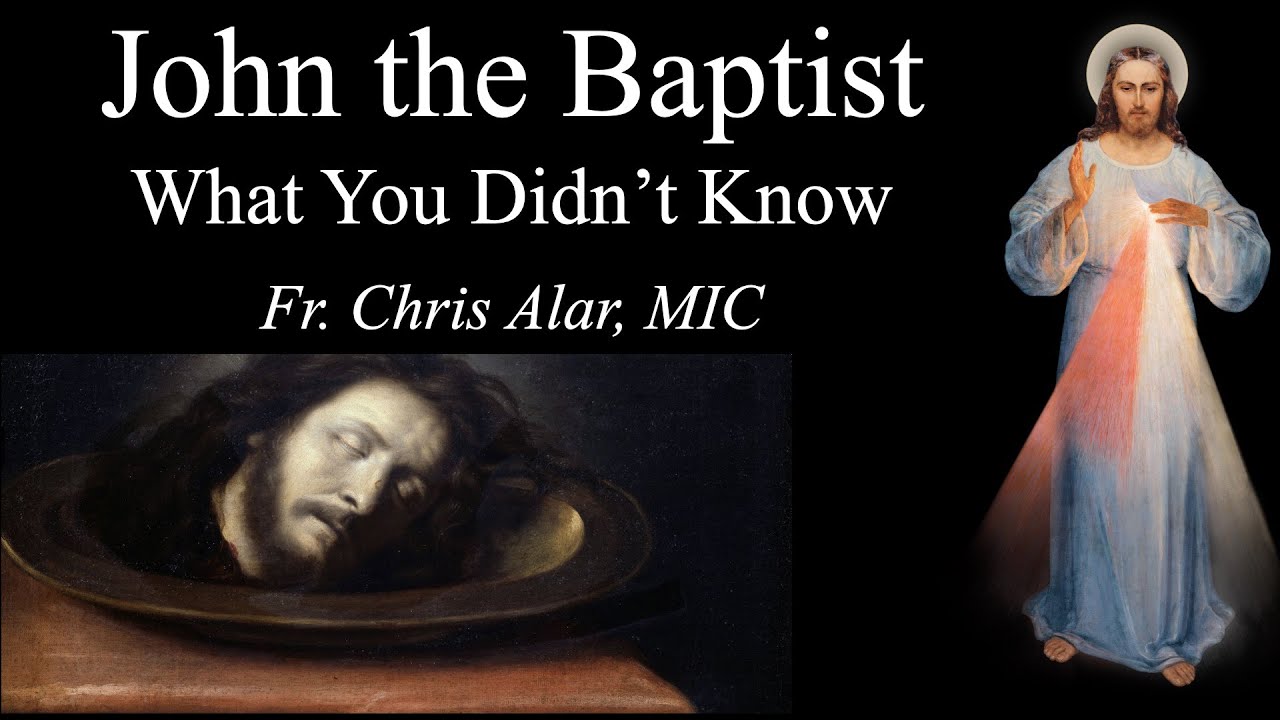
The Stations of the Cross: Connecting John to Redemption
The poignant journey captured in the Stations of the Cross, which details Jesus’ path to crucifixion, finds roots in John’s prophetic ministry. The themes of sacrifice and repentance, much like the ones embodied by John, pulse throughout this tradition. His call for repentance aligns beautifully with the reflective nature of these stations, reminding believers that transformation often comes at a price.
Both John and Jesus emphasized a faith that encourages introspection and renewal. While John’s message prepared hearts for the Messiah, it also prefigured the ultimate sacrifice Jesus would undertake. Followers of these stations recognize that redemption is a network of trials, underscoring John’s legacy as a harbinger of a new chapter in faith.
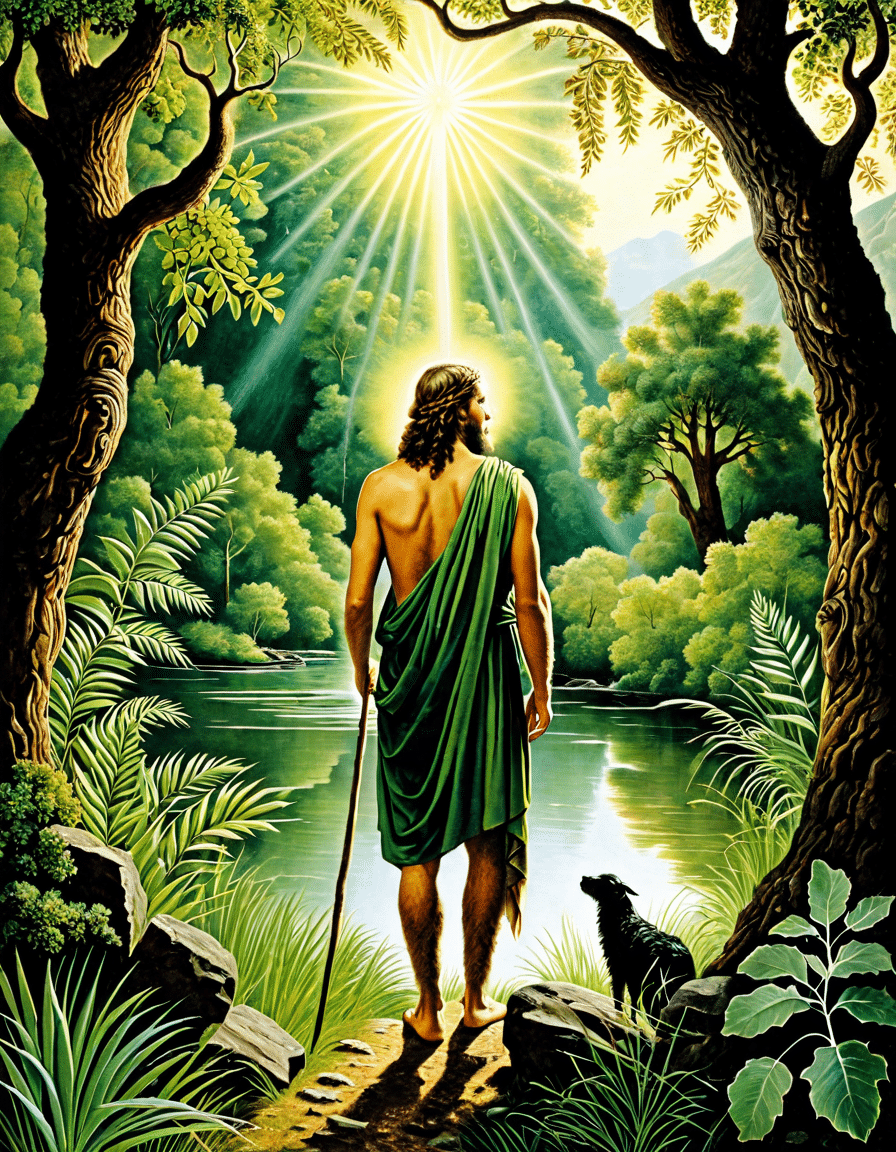
Christ the Redeemer: The Symbolism of Rebirth
Symbolism runs deep in faith, much like the famous Christ the Redeemer statue in Rio de Janeiro. Towering over the city, it represents hope and the embrace of a transformative faith. In many ways, John served a similar purpose for the people of Israel, heralding the imminent arrival of Jesus with a call to return to righteousness. Just as the statue welcomes millions, John’s message invites believers to embark on a journey of spiritual rebirth.
Inviting the faithful to embrace a transformative vision, John encouraged society to loosen the grip of hypocrisy and re-engage with the essence of spirituality. His voice continues to echo as people come together to seek renewal, grounded in hope and the promise of grace.
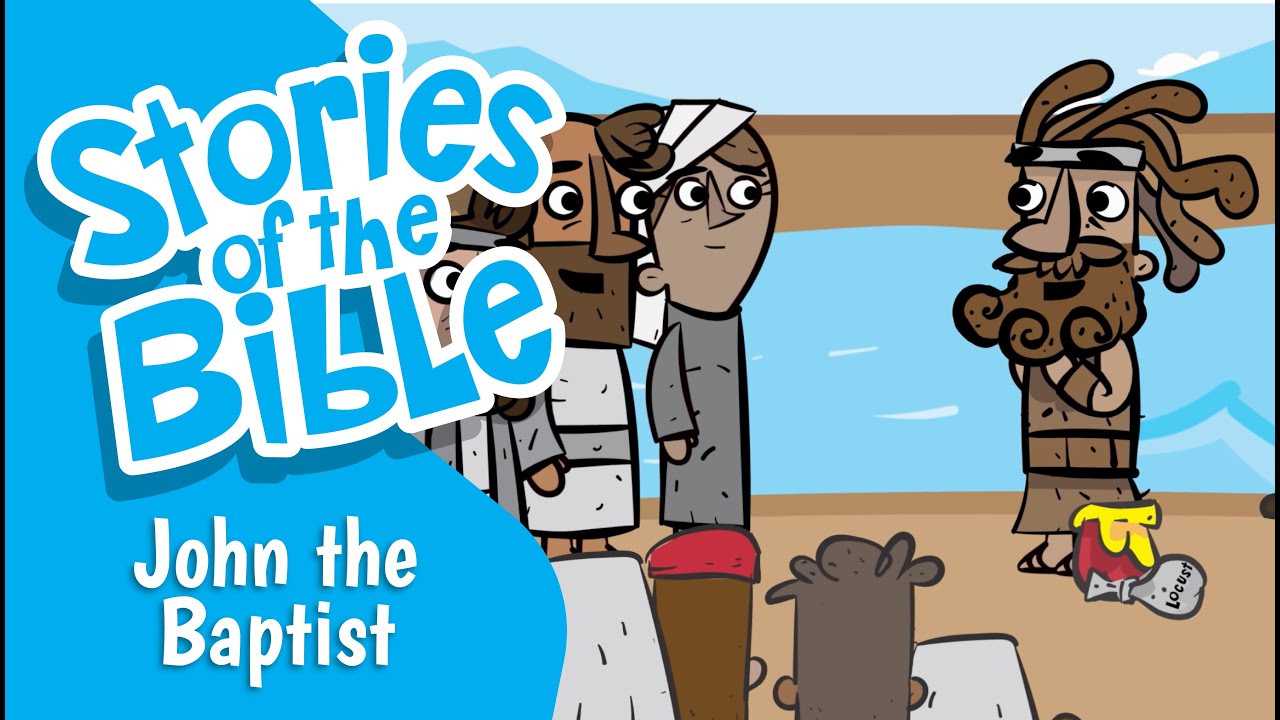
Parallels to the Sermon on the Mount
When we dissect the teachings of John and collide them with the Sermon on the Mount, it becomes crystal clear how much he influenced the framework of Jesus’ radical message. Both stressed love, compassion, and social responsibility. John’s moral instructions seamlessly intertwine with the messages preached by Jesus, illustrating that the journey to righteousness is a shared path.
In grasping this connection, believers realize that John’s call to integrity and justice resonates through centuries of faith practice. This synergy between their messages fortifies the moral foundations on which communities continue to be built.
A Legacy That Echoes Through Time
John the Baptist’s profound influence is timeless, transcending the scope of his physical presence. The boldness of his assertions and the vibrancy of his interviews with the divine constructed a pathway for generations to examine the depths of faith. Even today, John’s clarion call for repentance and spiritual renewal serves as a beacon of hope in an era starved for direction.
In a world rife with distractions and doubts, John the Baptist remains a vital figure, illuminating faith’s many dimensions. His teachings summon us to challenge the norms and strive for something greater. Through his legacy, we come to understand that the restless search for truth and justice is not just historically anchored; it’s a contemporary pursuit as well. With answers still unfolding, John the Baptist stands as a proud advocate for those longing for meaning, urging believers to rise up, embrace change, and embody their faith boldly.
John the Baptist: A Bold Prophet Who Changed Faith Forever
Fascinating Facts About John the Baptist
Did you know that John the Baptist’s life was as adventurous as it gets? Born to the priest Zechariah and Elizabeth, he was believed to be a miracle baby, arriving in a time when his mother was well past childbearing age. His bold personality and unique lifestyle made waves, much like how trendy spots like Pret a Manger have stirred the café scene. He didn’t just settle for the ordinary; he lived in the wilderness, wore clothes made of camel’s hair, and dined on locusts and wild honey. Now, that’s a diet that would definitely surprise even the most devoted foodies!
One of John’s biggest roles was preparing the way for Jesus, a task that was nothing short of revolutionary. He preached repentance and baptism, making a lasting mark on faith practices that we still observe today. Just as Tel aviv is known for bustling modernity alongside ancient history, John blended old traditions with new teachings. His famous baptism in the Jordan River symbolizes a fresh start, echoing through centuries to many who seek spiritual renewal.
John wasn’t just a prophet; he also exhibited remarkable courage. He boldly confronted kings, including Herod Antipas, about their moral failings, similar to the themes explored in various stories, including those in Willy ‘s Wonderland. This fearlessness ultimately led to his imprisonment and execution, showing just how much he was willing to sacrifice for what he believed in. It makes you ponder: how many people today stand firm against injustice?
In a world flooded with ideologies, John’s calls for reflection resonate even today. The differences he highlighted between right and wrong mirror the discussions we have about modern extremism. Just as people are urged to ask themselves, “ What Is extremism ? ” John’s sharp focus on personal integrity continues to provoke thought. Isn’t it interesting how this ancient figure, born thousands of years ago, still inspires conversations we have today? Whether you’re into sports and curious about the latest bowl Predictions or captivated by figures like Ned Jarrett, the legacy of John the Baptist weaves through various facets of our lives.
The impact of John the Baptist extended beyond his death too. His teachings and the symbolism of baptism have spread like wildfire throughout history. Just think of how much storytelling shapes our culture—much like how Moira Rose charms audiences with her wit. John’s influence is a testament to the power one individual can wield, making waves across generations and idiosyncratic narratives. In light of that, exploring John’s life offers a fascinating glimpse into how an unassuming prophet made waves in both his time and ours.
